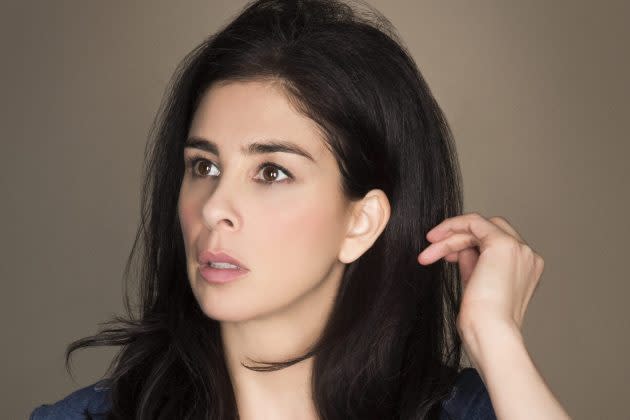Sarah Silverman Sues OpenAI And Meta For Copyright Infringement; Lawsuits Challenge Use Of Works For Artificial Intelligence Datasets

Sarah Silverman and two other authors filed class-action lawsuits against OpenAI and Meta, claiming that the companies’ artificial intelligence software programs pilfer from their copyrighted works.
The lawsuit reflects a growing debate over when emerging artificial intelligence technology crosses the line into infringing on copyrighted works, a question that came up in a recent congressional hearing featuring OpenAI CEO Sam Altman.
More from Deadline
In the lawsuit, Silverman and two other authors, Christopher Golden and Richard Kadrey, claim that OpenAI’s ChatGPT relies on their works for its training dataset.
The authors, who are seeking class-action status, say they did not consent to their works being used in this way, but they were “ingested and used to train ChatGPT.”
“Indeed, when ChatGPT is prompted, ChatGPT generates summaries of Plaintiffs’ copyrighted works –something only possible if ChatGPT was trained on Plaintiffs’ copyrighted works,” the lawsuit states.
The suit claims that OpenAI copied Silverman’s book The Bedwetter, Golden’s Ararat and Kadrey’s Sandman Slim. It contends that OpenAI’s language models cannot function without the information in the books and that the models “are themselves infringing derivative works.” The lawsuit includes as examples OpenAI outputs when a user asks it to summarize the books.
RELATED: Meta’s Threads Passes 70M Signups; Users More Than Double In One Day
The Meta lawsuit cites the company’s use of their works for the company’s LLaMA language models, claiming that “the decisions about what textual information to include in the training dataset are deliberate and important choices.”
The lawsuits were filed in federal court in San Francisco. The plaintiffs also are seeking class-action status, as well as statutory and other damages and injunctive relief.
At a congressional hearing in May, Altman told lawmakers, “We think that creators deserve control over how their creations are used, and what happens sort of beyond the point of them releasing it into the world.” He said that “we need to figure out new ways with this new technology that creators can win, succeed and have a vibrant life, and I’m optimistic that this will present it.” But he said that they were talking to artists and content owners about what they want.
Best of Deadline
Sign up for Deadline's Newsletter. For the latest news, follow us on Facebook, Twitter, and Instagram.
Solve the daily Crossword

